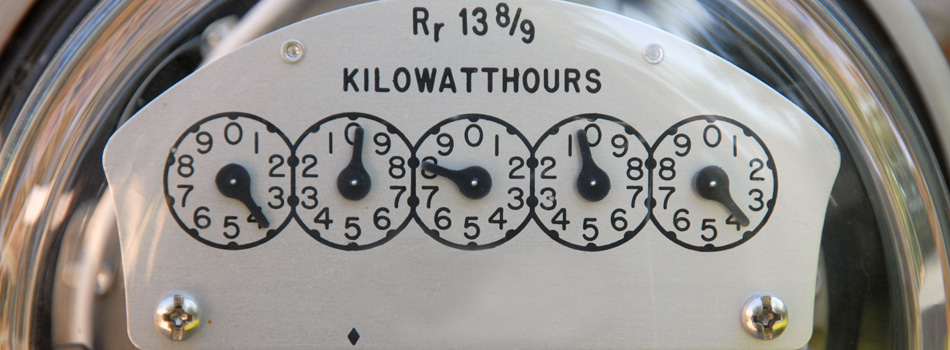 Sustainable energy and personal rights are colliding over smart meters, those long-touted pillars of energy-saving smart grids, on the unlikely battleground of Vermont.
Sustainable energy and personal rights are colliding over smart meters, those long-touted pillars of energy-saving smart grids, on the unlikely battleground of Vermont.
Utilities and policy makers favor smart metering for its cost-cutting and energy-saving potential, but their entreaties are falling on granite ears in many quarters of the Green Mountain State.
Bucking an energy conservation technology like smart grids doesn’t sync with Vermont’s Ben & Jerry’s/Birkenstock/organic image. It does, however, sync with an even deeper stratum in Vermont’s social bedrock, where live-and-let-live and minding your own business have been around a lot longer than Messrs. Cohen and Greenfield. Where jokes like:
“Q. How are you this morning Mr. Smith?
A. None of your business, and I wouldn’t tell you that much if you hadn’t been my neighbor for 30 years.”
aren’t jokes, they’re guidelines.
The Vermont smart meter conflict highlights a seldom-explored dimension of environmental sustainability – privacy. Like the siting of wind turbines, it’s an issue that sustainability advocates have to address if our energy consumption habits are going to change for the better.
Smart meters and a smart grid are part of a future where technology helps us consume less energy. Energy efficiency advocates envision a future when sensors in energy-sucking appliances like water heaters can detect when they’re not used for long periods and automatically put themselves in a dormant mode. When refrigerators adjust their cooling levels according to how much food is on the shelves. When household energy management systems automatically reduce heating and cooling and turn off lights in rooms they sense are unoccupied.
Smart metering and smart grids don’t reach nearly that far into ratepayers’ homes. They provide broad consumption data to support energy-saving measures like large-scale load balancing and variable rates to encourage off-peak usage. Nevertheless, they have a lot of people creeped out.
Privacy advocates have pointed out that government and private companies could use data gathered by smart grids – to intrude on ratepayers’ lives. It’s not hard to intuit from energy use patterns when people are home and what they’re doing, even behind closed doors and drawn curtains, they say.
The Vermont ACLU has joined with individuals and other advocacy groups in calling for tight restrictions on meter data. They also want a free opt-out of smart metering programs, unlike the paid opt-out that states like California have implemented.
Smart-grid advocates in Vermont and California, where the same debate is raging, say the smart grid needs information to be smart, and if too many people opt out they won’t have enough.
This is a problem, but it’s not a problem with smart grid technology per se. There’s nothing more intrinsically intrusive about smart meters than there is about surfing the Web or giving a credit card number over the phone. The problem is that consumers have had their privacy pockets picked too many times to accept assurances from utilities that their information will only be used to save energy.
Vermont’s Green Mountain Power Company has devoted a section of its website to explaining consumer privacy protection around data collection. It points out where the company is constrained by existing utility laws and regulations, and that the meters can only measure a house’s overall electrical consumption, not individual appliances.
Even so, the company is shoveling against an avalanche. Spam-choked email inboxes and dinner-hour robocalls have made consumers wary about who collects their information and what they can use it for.
Like so many other pieces of the sustainability puzzle, this one needs government to put it in the proper place. Not all consumers will trust the government to protect their privacy any more than they trust private industry, but the weight of laws and regulations on their side is likely to win converts. Especially when they hear stories like Mike Butler’s and weigh the environmental upside.
Butler is a Houston homeowner who used a smart meter to cut his power consumption 36 percent during the summer of 2011, which was a scorcher even by Texas standards. “I found a few power hogs, such as leaving my laptop charging all the time,” Butler said. “I made some simple behavioral changes and checked my statistics weekly to verify the impact of my efforts.”
Privacy guarantees alone probably won’t carry the day for the smart grid. Privacy guarantees plus stories like Mike Butler’s just might.